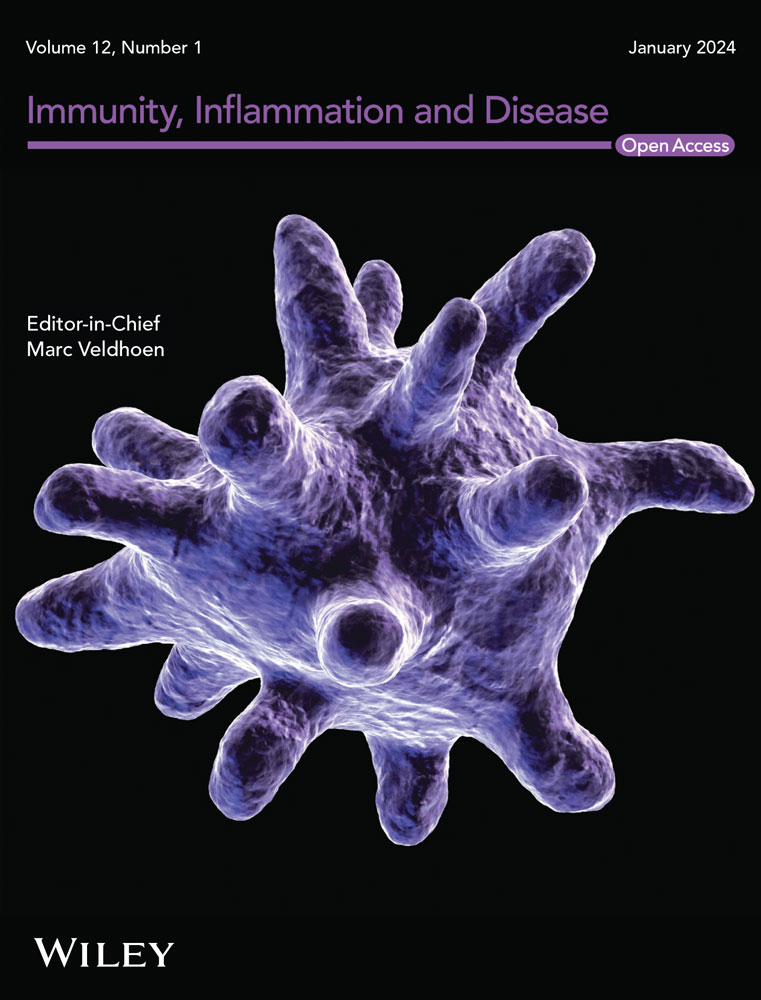Psychological and Burnout Effects of the COVID-19 Pandemic on Individuals
Abstract
Background
COVID-19 infection has affected individuals mentally and socially in many areas. Restrictions, fear of infection, and anxiety about the future have created a great psychological burden on people. In this study, we aimed to investigate the significant negative effects of the COVID-19 pandemic on individuals' mental health and psychological functioning.
Methods
A 42-question questionnaire was applied to a total of 557 participants, including 350 people over the age of 18 who applied to the COVID-19 Vaccination Unit of Selçuk University Faculty of Medicine Hospital between December 2021 and May 2022 to be vaccinated and 207 people with a simultaneous online survey application. The psychological effects experienced by the participants due to the COVID-19 epidemic were questioned with psychological distress and burnout scales. Differences in the demographic characteristics of the participants were investigated according to the fear and anxiety sub-dimension.
Results
According to the psychological distress scale, gender, COVID-19 vaccination status, educational status and place of residence were found to be significant. According to the burnout scale, gender, marital status, presence of chronic disease, COVID-19 posttest status, occupation and income status were found significant.
Limitations
The anxiety, fear, and stress levels reported by participants may not be consistent with an objective assessment by mental health professionals. The majority of participants were public sector employees and students, so the results regarding job loss anxiety cannot be generalized. No information was collected on participants' past medical psychiatric disorders within the scope of the study.
Conclusions
It is obvious that stress and psychiatric disorders are more common in individuals with high perception of infectiousness and lethality of the agent, especially during epidemic periods. We think that this study will be useful for planning interventions to alleviate mental health problems of individuals in future epidemics.


 求助内容:
求助内容: 应助结果提醒方式:
应助结果提醒方式:


